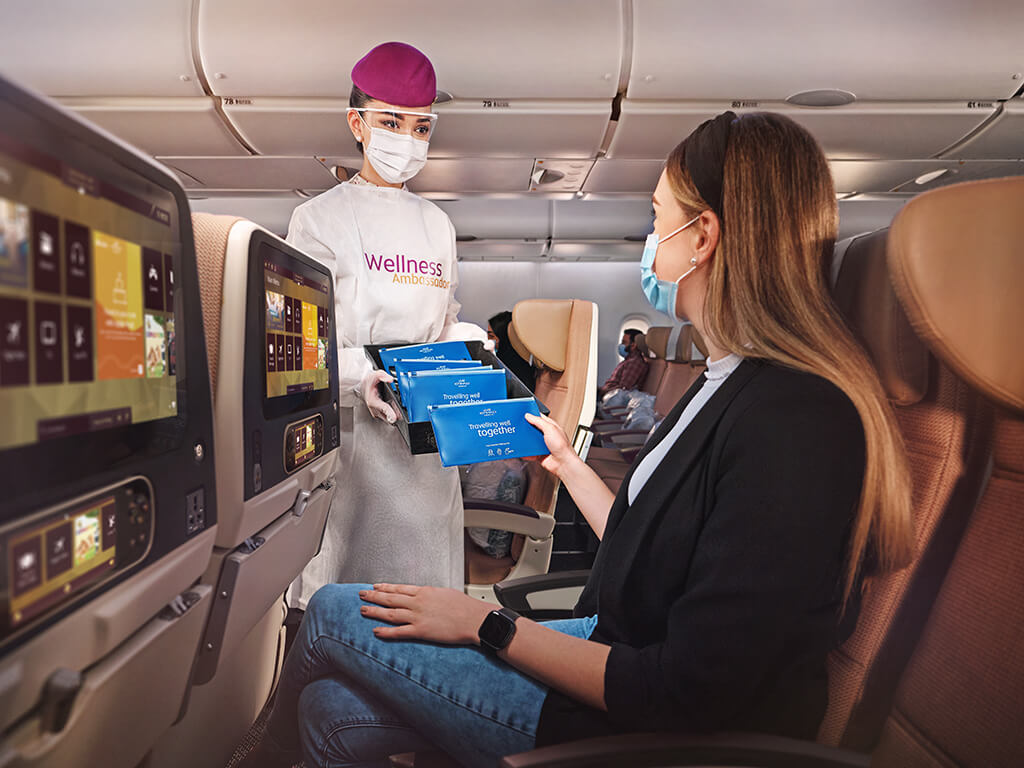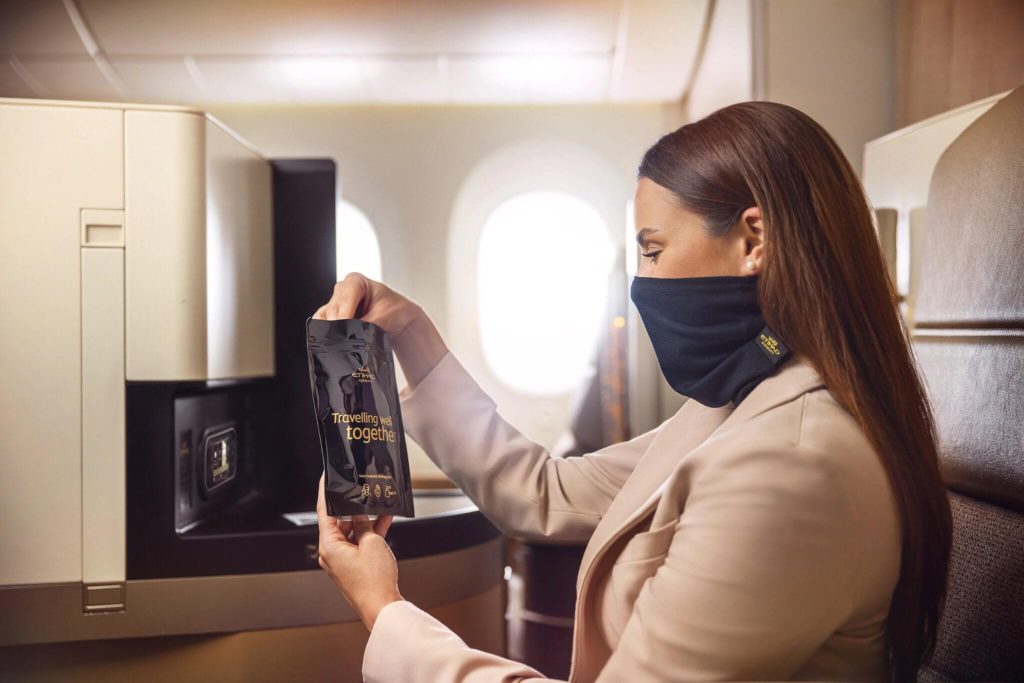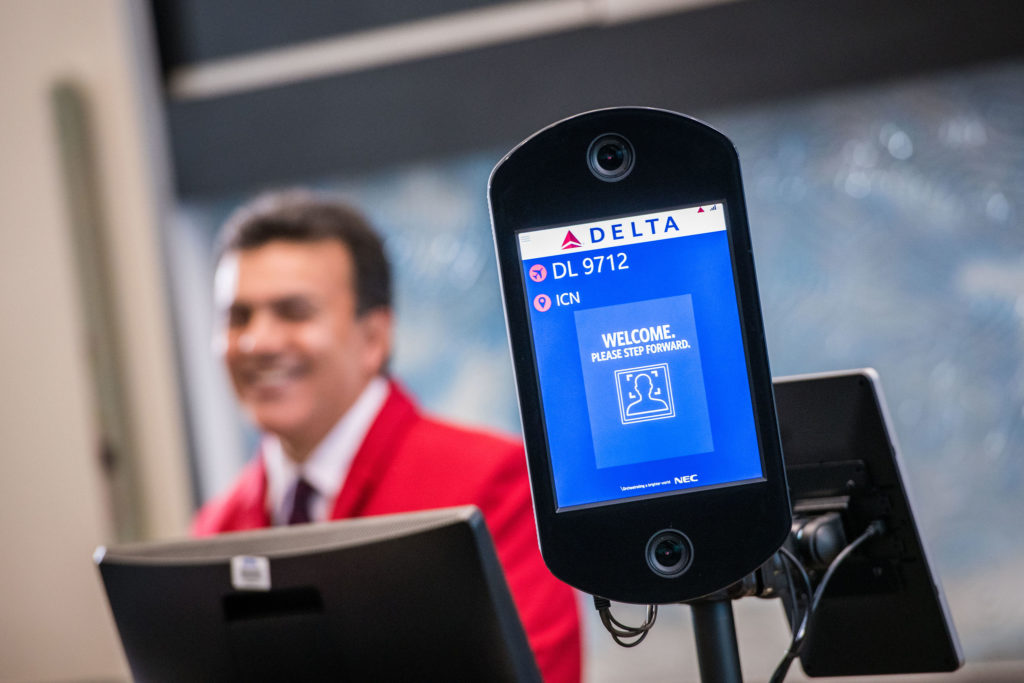As onboard service businesses are looking to restart, the return of the Passenger Experience Conference Virtual Series provided a perfect opportunity for industry experts to talk about new solutions.
Kicking off the eight-part Autumn Series, World Travel Catering & Onboard Services Expo (WTCE) invited respected Taste of Travel theatre speakers to share their thoughts and ideas over two webinars. Delivered to audiences in association with Onboard Hospitality, the experts discussed The Future of Inflight Catering and the steps airlines and suppliers can take in Rebuilding Passenger Confidence.
The Future of Inflight Catering
Episode one of the Autumn series, which launched on Wednesday 19 August, delved into what we can expect for The Future of Inflight Catering as the industry navigates its way through the challenges of the COVID-19 pandemic and beyond. Julie Baxter, Editor of Onboard Hospitality and Taste of Travel’s Jo Austin, were joined by a stellar line up of industry experts, including Genevieve Reis Rosario, Senior Manager in Product Development & Service Design at Qatar Airways; Stefan Patermann, Chief Executive Officer of Retail inMotion; Marc Warde, Director of Libero Meals; and Sarah Klatt-Walsh, Independent Consultant.

Hygiene, boxed concepts, sustainability, technology and greater industry collaboration were all hot topics discussed by the panel during the webinar. Sarah Klatt-Walsh, who opened the discussion, revealed that sustainability was currently being trumped by hygiene, with airlines prioritising the delivery of safe, effective and pleasing catering options in the ‘new normal’.
That’s not to say that sustainability has taken a back seat, though. Klatt-Walsh reflected on the steps taken by airlines before the pandemic to be more sustainable, from choosing closed-loop solutions, eliminating single-use plastics or by introducing new sustainable materials in the cabin. Despite the current priorities for airlines, all agreed that sustainability will certainly return to the foreground soon enough.

In addition to sustainability, the panel discussed the increasing role of digitalisation in the passenger experience, and how the ability to pre-order, pre-select, use digital menus and touchless payment options are increasingly relevant to today’s onboard experience. Klatt-Walsh revealed how the technology trend was being accelerated by COVID-19, while Stefan Patermann spoke about the role of digitalisation in the evolution of the customer journey.
Patermann suggested that the initial investment in technology will save costs in the long term but will also help to open up new revenue streams. If one thing is clear about what the future of inflight catering holds, it’s that digitalisation will create a seamless and connected experience onboard for passengers.
Rebuilding Onboard Confidence
Episode two of the Autumn series, which was broadcast on Wednesday 26 August, focussed on the steps required by the industry to reassure customers that it’s safe to return to the skies. Julie Baxter and Jo Austin were accompanied by yet another brilliant panel of industry leaders, including Linda Celestino, Vice President Guest Service and Delivery at Etihad Airways; David Young, Executive Manager – Sustainability and Future Planet at Qantas Airways; Federico Heitz, CEO of Kaelis; and Keith Yates, Director of Yates and Partners.
Linda Celestino of Etihad Airways opened the session by exploring how the current climate has affected the airline’s approach to guest service. Linda revealed that the past six months had been an incredibly challenging period for the airline, but that it had recognised an opportunity to completely review its cabin materials, goods and logistical procedures, to further improve hygiene and operational standards.

Celestino also provided attendees with an insight into the measures introduced to reassure passengers at every step of the journey, underpinned by the airline’s new health and hygiene programme: Etihad Wellness. She revealed that the stringent measures put in place to deal with COVID-19 had now become a major component of its long-term customer strategy, ensuring that its guests can fly with greater peace of mind.
Celestino also stressed the importance of communication and education to rebuild passenger confidence. Etihad has collected all the important information on the culinary hygiene at the airline’s catering facilities and food testing laboratory, aircraft cabin deep-cleaning processes, check-in, health screening, boarding, inlight experience, and more in its online Etihad Wellness guide.

Etihad is further reassuring passengers by empowering them with the information and tools to make informed decisions about travelling. Launched in June in partnership with Austrian-based healthcare technology company, Medicus AI, a new COVID-19 risk-assessment tool is available for passengers to use ahead of flying, while its ‘Fit to Fly’ self-service check-in and health screening service is available for passengers at Abu Dhabi International Airport.
Continuing the discussion, Keith Yates of Yates and Partners offered fabulous insights on consumer expectations, their key anxiety points, and how the passenger journey is changing more today than it ever has before. Interestingly, airport transit, the jet bridge, and boarding were highlighted as the key anxiety touchpoints for passengers.

- Read more about the digital solutions being introduced for touch-free travel.
Yates then talked about some of the innovative solutions already in development to help combat passenger concerns, from simple updates, such as improving door handles on aircraft to reduce physical contact, to the implementation of artificial intelligence (AI) across the passenger journey.
The panel believed there was an opportunity for a ‘complete reinvention’ of the passenger journey, from arrival at the airport to how to board the plane that focuses on efficiency. In addition, AI-driven communication on customer devices was said to be key in managing the passenger journey, aiding real-time updates and advice concerning queues, boarding gates and security.
What does the future hold for onboard services?
Both panels were quick to recognise the incredibly difficult circumstances faced by the aviation industry and agreed that while progress may be slow, they were optimistic about the future. The current situation should also be seen as an opportunity for suppliers, airlines and industry bodies to focus on innovation, drive new products, processes and ideas that respond to the evolving needs of passengers while also creating a stronger and more efficient industry for the future.
If you missed either of the webinars, you can watch The Future of Inflight Catering or Rebuilding Passenger Confidence on-demand here.

